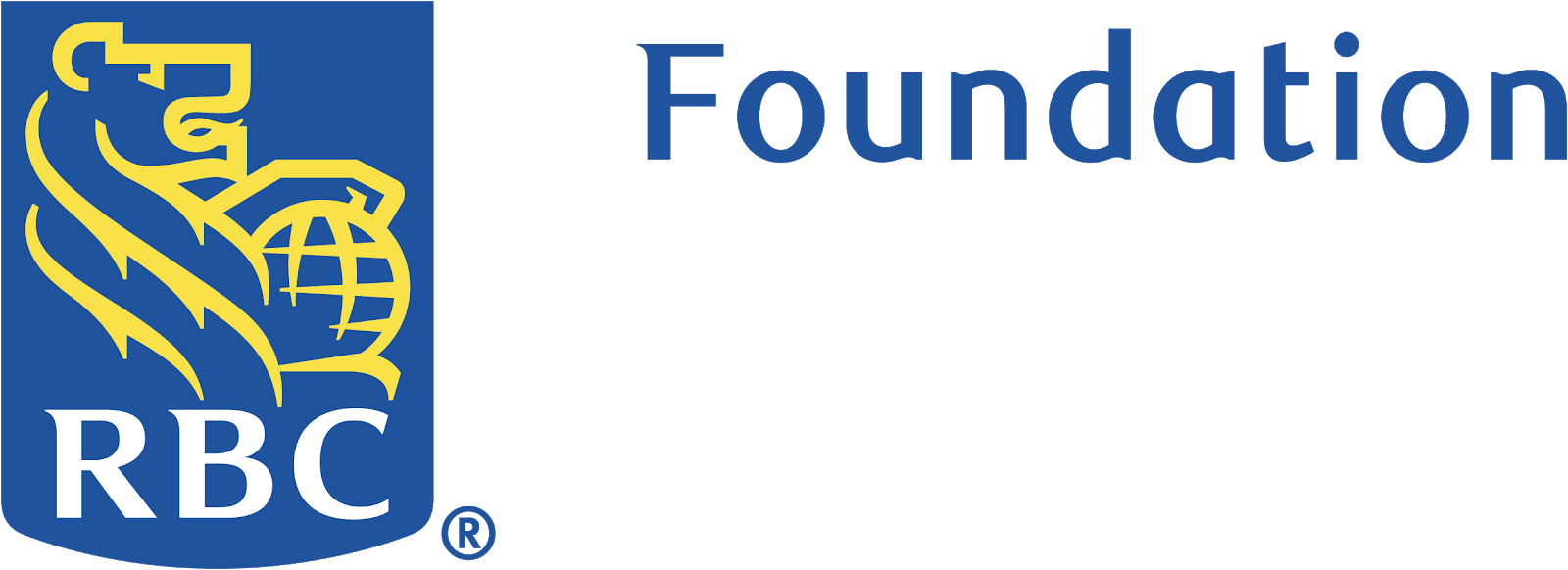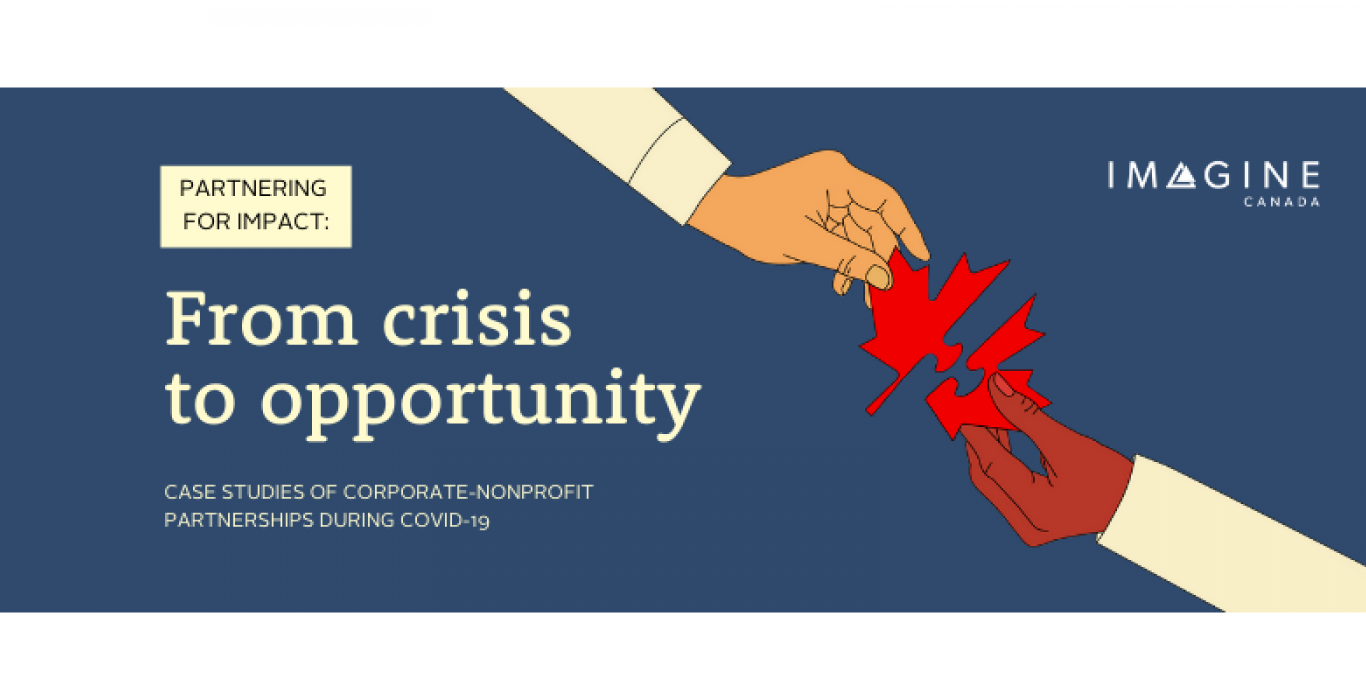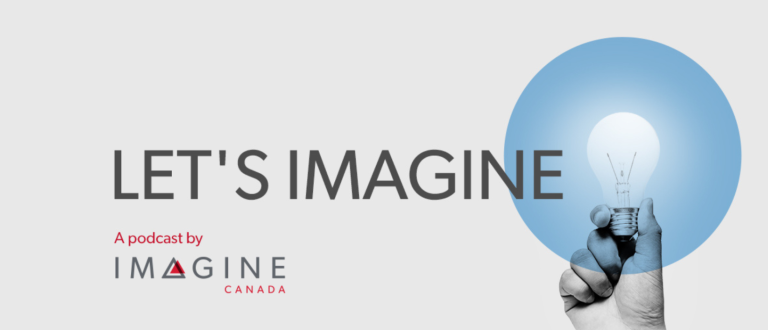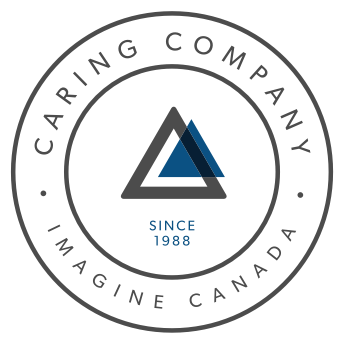This new report, titled Partnering for Impact, delves into one of the community investment trends that emerged during the pandemic: innovative partnerships. This research follows the Wake Up Call study, released in the Fall of 2020, and continues to answer the question of: how can corporate philanthropy do better, and do more?
Answers emerge through nine compelling case studies, representing various initiatives that are either entirely new, have undergone significant change during the pandemic, or have achieved unprecedented growth. Each case study provides invaluable insights for companies looking to achieve greater impact through their partnerships.
Read the report to find out:
- How innovative, tech-forward approaches can be used to scale partnerships and magnify impact.
- How cross-sectoral partnerships can muster new resources to address costly, complex, and critical issues in society.
- How effective partnership structures can allow for growth, even when an organization is faced with a crisis like the COVID-19 pandemic.
- How creating new mechanisms for donations can attract substantial interest from young donors and corporate funders.
Why it Matters
This recovery for Canada’s nonprofit sector will stretch beyond the economic restart. Charities continue to face significant declines in revenue, while demand increases faster than capacity. The post-pandemic recovery provides a window of opportunity for corporations to reevaluate their funding approaches and to collaborate across sectors. Companies have the chance to magnify their impact through innovative, tech-forward partnerships. The case studies presented in the report offer examples of how corporations and social impact organizations can engage in meaningful philanthropic collaborations to unlock new solutions and opportunities.
About this Report
Imagine Canada conducted close to 40 interviews with the individuals involved in the partnerships, complemented by documentary evidence collected in 2020-21. The case studies involve partners from leading companies and social impact organizations, such as Cisco, AstraZeneca, RBC, CanadaHelps, and Second Harvest.
Acknowledgements
This project was made possible thanks to generous support from our National Partner, RBC Foundation.

Imagine Canada would also like to acknowledge the support and participation of our Knowledge Partner, Blackbaud.
![]()



